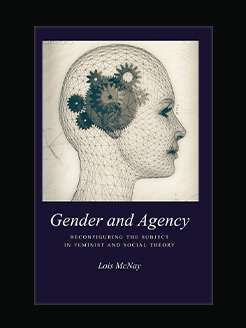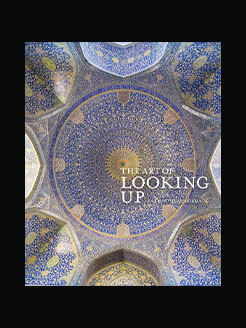Published in 2022
7 hours and 41 minutes
Rachel Aviv joined The New Yorker as a staff writer in 2013. She has written for the magazine about a range of subjects including medical ethics, criminal justice, education, and homelessness. She was a finalist for the 2018 National Magazine Award for Public Interest for “The Takeover,” a story about elderly people being stripped of their legal rights, and she won the 2015 Scripps Howard Award for “Your Son Is Deceased,” a story on police shootings in Albuquerque. Her writing on mental health was awarded a Rosalynn Carter Fellowship, an Erikson Institute Prize for Excellence in Mental Health Media, and an American Psychoanalytic Association Award for Excellence in Journalism. She has taught courses in narrative medicine at Columbia University Medical Center and the City College of New York. In 2010, she received a Rona Jaffe Foundation Writers’ Award. She was a 2019 national fellow at New America.
What is this book about?
The highly anticipated debut from the acclaimed, award-winning New Yorker writer Rachel Aviv compels us to examine how the stories we tell about mental illness shape our sense of who we are.
In Strangers to Ourselves, a powerful and gripping debut, Rachel Aviv raises fundamental questions about how we understand ourselves in periods of crisis and distress. Drawing on deep, original reporting as well as unpublished journals and memoirs, Aviv writes about people who have come up against the limits of psychiatric explanations for who they are. She follows an Indian woman, celebrated as a saint, who lives in healing temples in Kerala; an incarcerated mother vying for her children’s forgiveness after recovering from psychosis; a man who devotes his life to seeking revenge upon his psychoanalysts; and an affluent young woman who, after a decade of defining herself through her diagnosis, decides to go off her meds because she doesn’t know who she is without them. Animated by a profound sense of empathy, Aviv’s exploration is refracted through her own account of living in a hospital ward at the age of six and meeting a fellow patient with whom her life runs parallel―until it no longer does.
Aviv asks how the stories we tell about mental disorders shape their course in our lives. Challenging the way we understand and talk about illness, her account is a testament to the porousness and resilience of the mind.







